The ironman Sardar Vallabhbhai Patel
Had he lived longer, secular Sardar Patel would have guarded this sacred vision with the same resolve with which he united more than 560 princely states into the Union of India.

As we celebrate the 150th Birth Anniversary of Sardar Vallabhbhai Patel on 31 October 2025, we recall that he was not merely the Iron Man of India, he was the moral compass, a symbol of Unity of the Republic.
His strength flowed from his faith in unity, integrity, and the sanctity of the ‘secular’ Constitution of India. His India became a living nation in 1947, not in 2014, with true morals guided by Mahatma Gandhi’s vision and Pandit Jawaharlal Nehru’s political companionship. Sardar Patel believed that India’s soul resided in its diversity and that the Constitution must forever remain the living embodiment of equality, justice, and secular harmony.
Had he lived longer, secular Sardar Patel would have guarded this sacred vision with the same resolve with which he united more than 560 princely states into the Union of India. His role in shaping the early framework of the Constitution - based on the ‘Objective Resolution’ framed by Pandit Jawaharlal Nehru, which laid down the principles of sovereignty, equality, liberty, and justice for all citizens - and in facilitating Kashmir’s integration with Dr. B. R. Ambedkar, even through the temporary inclusion of Article 370 as a constitutional bridge, reflected his pragmatic wisdom. He understood that unity could not be imposed by force but nurtured through trust, fairness, and statesmanship.
Harsh it may sound, the fact remains that Sardar Patel, a man of absolute clarity and conviction, would have acted without hesitation against any force that sought to undermine the unity and integrity of the Republic. He would have also ensured that no organisation, however powerful, could distort India’s secular and caring constitutional identity or communal harmony.
A man of principle and purpose, Sardar Patel would have banned the Rashtriya Swayamsevak Sangh (RSS) without hesitation and dismantled its divisive Hindutvavadi ideological allies, which seek to confine India’s vast civilisational spirit within the narrow boundaries of a religious and caste-supremacist nationalism. For Sardar Patel, the Republic of India was not the privilege of one faith, nor a replica of an imported ideological of a fascist platform for racial supremacy, but the shared destiny of all its people.
Pandit Jawaharlal Nehru and Sardar Vallabhbhai Patel were the two most precious and inseparable jewels of India’s freedom and its architects - both disciples of Mahatma Gandhi’s democratic and moral philosophy. Nehru gave India the modern vision of liberty combined with a scientific temperament and a path to progress; Sardar Patel gave it the strength of unity and discipline rooted in the Constitution.
Together, they ensured that India’s democracy would rest not on power or fear, but on the pillars of truth, tolerance, and transparency. He would never have tolerated India moving towards an exclusive Hindu Rashtra envisaged by the Hindutvavdi ideological vision.
India’s unity cannot be complete unless it remains a truly secular nation - one that not only embraces the diversity of faiths and cultures, including those who follow Islam, Christianity, and other religions, but also upholds a moral fabric that views all Hindus as equal. This vision rejects the medieval curse of the Manusmriti, which still perpetuates caste-based divisions and continues to exclude a vast majority of Hindus from being an inclusive part of India and of Hinduism itself.
Secular Sardar Vallabhbhai Patel, along with Mahatma Gandhi and Pandit Jawaharlal Nehru, would never have condoned such divisive practices as those propagated by certain Hindutvavadi ideological and political groups. These groups, under the banner of ‘One Nation, One Culture,’ promote an exclusivist and homogenising agenda for an exclusive Hindu Rastra that undermines India’s pluralistic foundation. Such attempts to enforce ideological conformity through populist means stand in direct contrast to the democratic and inclusive vision shared by Gandhiji, Pandit Nehru, and Sardar Patel - a vision that saw India’s strength in its diversity and unity in its compassion.
In recent decades, we have witnessed a systematic diminishing of the stature of Prime Minister Jawaharlal Nehru and, in many instances, blatant abuse directed towards Mahatma Gandhi. Were Sardar Patel alive and in power today, he would never have tolerated such political attacks on these two stalwarts, nor the erosion of the secular and democratic values they so deeply cherished. The sustained efforts of Hindutvavadi political factions to rewrite history and distort the moral foundations of modern India represent not only a betrayal of Gandhi’s and Nehru’s legacy but also a direct affront to Sardar Patel’s unwavering commitment to national unity, constitutional integrity, and social harmony — principles that remain the bedrock of India’s true identity as a secular democracy.
Today, as we honour Sardar Vallabhbhai Patel, we must remember that his truest legacy lies in preserving the Republic he and his compatriots built — by upholding the secular Constitution, rejecting hate in the name of faith, and defending the timeless idea of India as a land of inclusion, compassion, and socio-economic justice for all. Without the concept of a secular India, there can be no real foundation for the ‘unity’ we so proudly attribute to Sardar — the Iron Man of India. His strength did not lie in coercion or majoritarian dominance, but in his unwavering belief that unity could only emerge from equality and justice.
His ideological vision was inseparable from that of Pandit Nehru’s, historic ‘Tryst with Destiny’ pledge sought to wipe every tear from every eye, and from Mahatma Gandhi’s moral prayer, Vaishnav Jan To Tene Kahiye Je Pid Parayi Jaane Re, which taught compassion for the suffering of others. Together, they gave India its moral and constitutional soul - rooted in social democracy, secularism, and human dignity. Without these values, there can be no true celebration or tribute to our Sardar. Any attempt to appropriate his image while undermining these principles dishonours the very Republic he helped to forge.
Buddhdev Pandya
A Member of the Indian Diaspora
United Kingdom
ADVERTISEMENT
ADVERTISEMENT
E Paper
Video



1761857200.webp) Buddhdev Pandya
Buddhdev Pandya
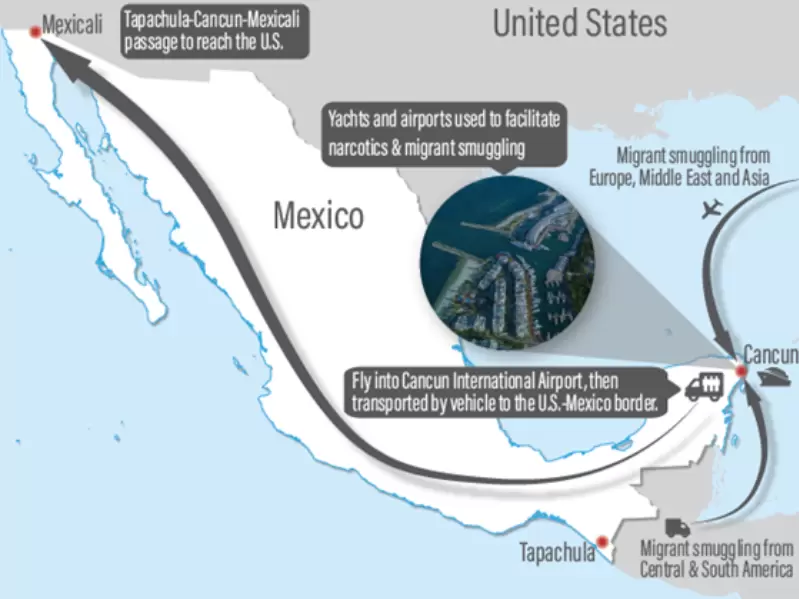
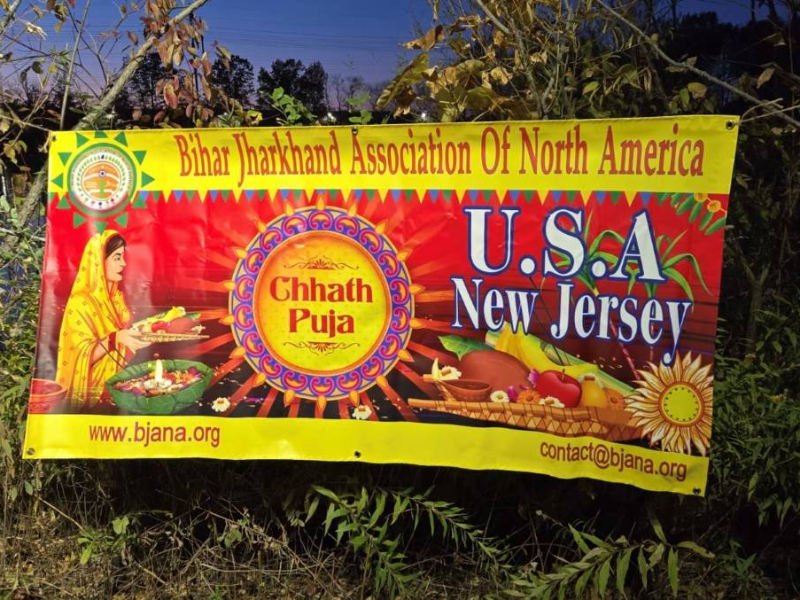
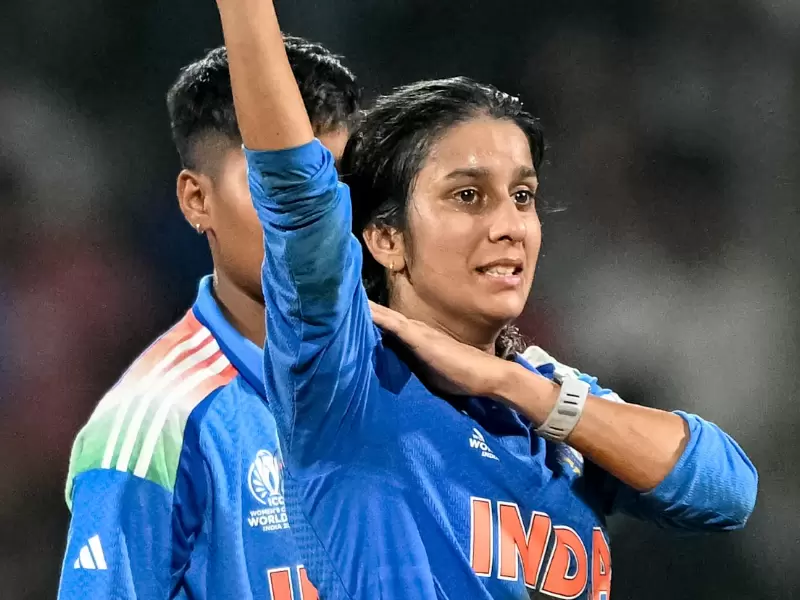
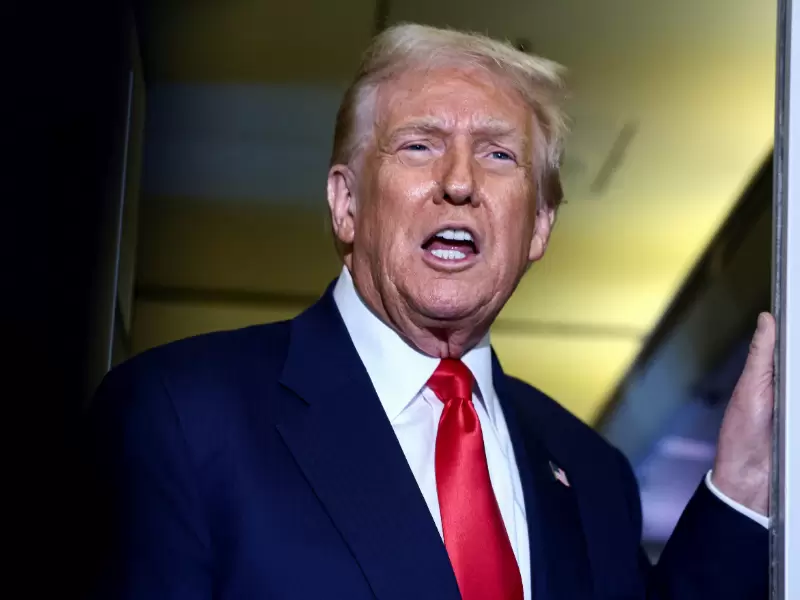


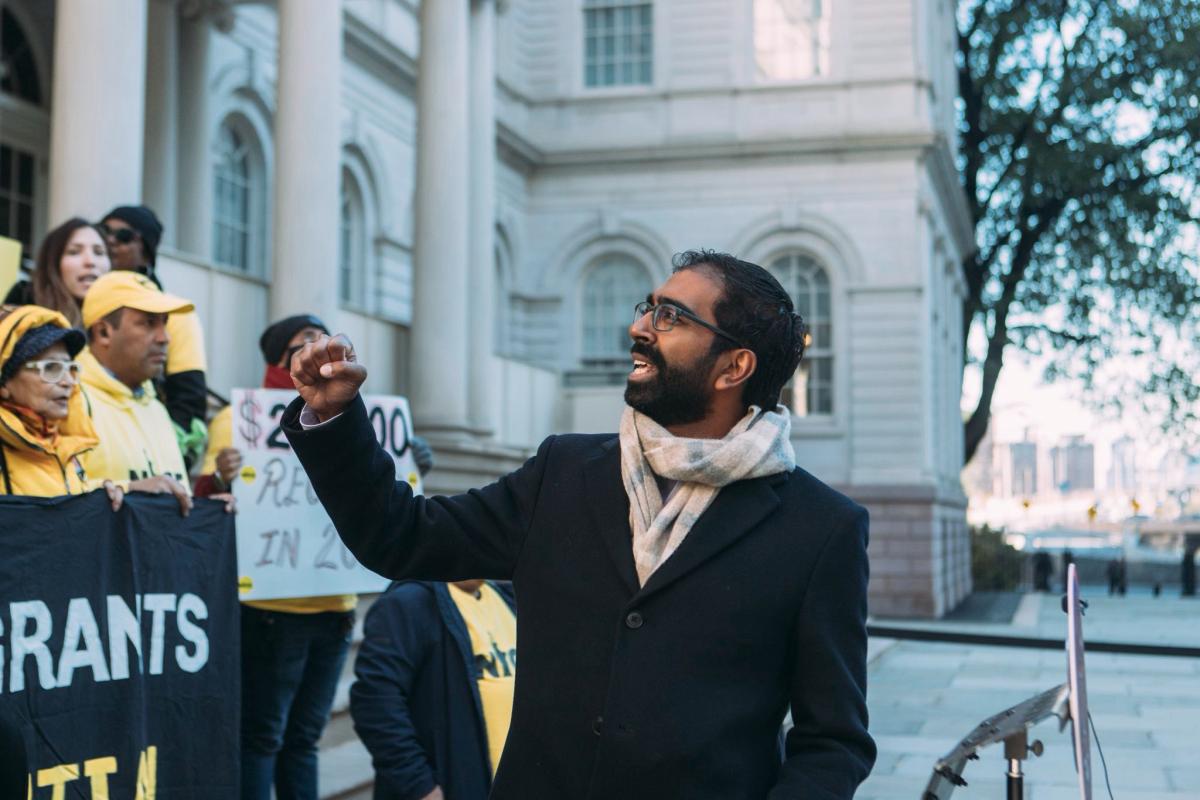
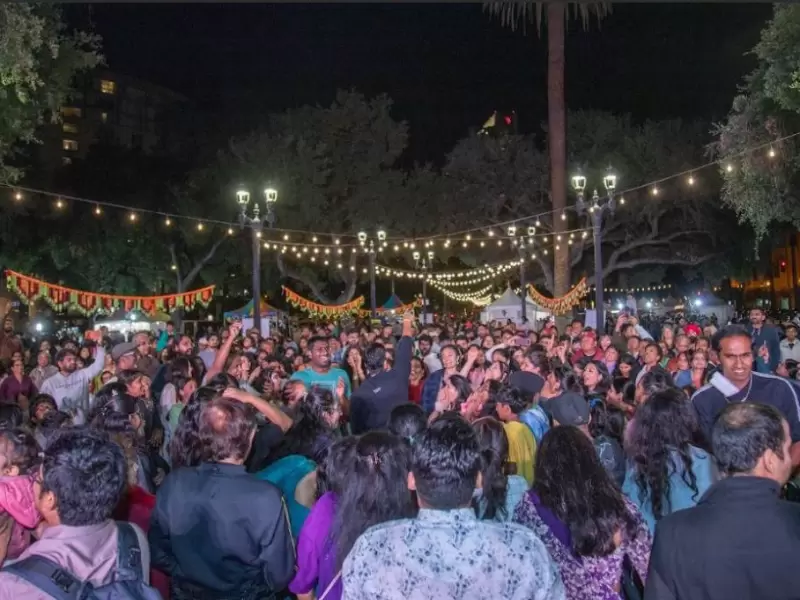
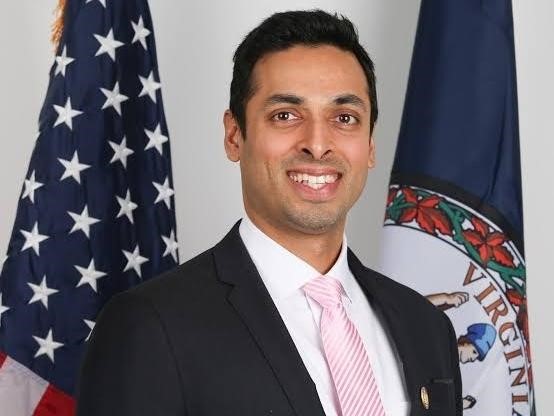


Comments
Start the conversation
Become a member of New India Abroad to start commenting.
Sign Up Now
Already have an account? Login